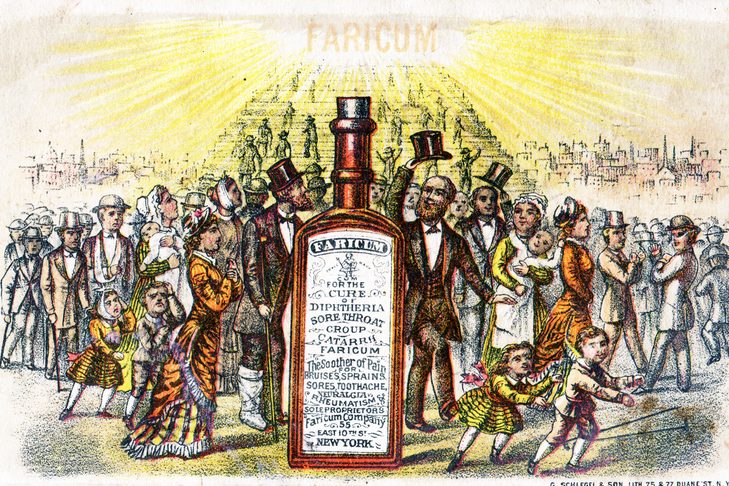Political consultant Steve Kramer faces a $6m fine from the Federal Communications Commission (FCC) for making thousands of illegal robocalls that used a deepfake generated AI voice of president Biden.
On January 21, two days before the New Hampshire 2024 presidential primary, Kramer was allegedly found responsible for orchestrating the illegal calls to spread misinformation about the election, and encouraging people to not vote.
“Save your vote for the November election,” listeners were told by the fake President Biden voice.
“The apparent actions of Kramer not only harmed New Hampshire voters, but compromised trust in democracy itself,” said Commissioner Anna M Gomez. “That is why this proposed penalty is so important, as the Commission must do what is within our power to deter scams manipulating AI to prey on consumers and to threaten our democratic processes.”
Spoofed caller ID information
To make the calls, Kramer engaged Voice Broadcasting Corp – which used Life Corp to transmit the calls through voice service provider Lingo Telecom. Lingo Telecom then incorrectly labelled the calls with the highest level of caller ID attestation, which made it harder for other providers to identify the calls as spoofed.
“All it took was the help of an acquaintance, publicly available software technology, and $150,” said Commissioner Geoffrey Starks.
Starks also called the illegal robocall campaign “among the most anti-democratic things a person can push in our society,” and called out Lingo Telecom, LLC, for not following legally-required safeguards.
“The apparent actions of Kramer not only harmed New Hampshire voters, but compromised trust in democracy itself.”
Commissioner Anna M Gomez
By passing on Kramer’s call, the company enabled calls to reach thousands of people. “[The company] verified a relationship between the spoofed number and the party that transmitted the calls to Lingo that did not exist, and that it should have known did not exist,” Starks said.
He added: “This is why the FCC requires all voice service providers to implement STIR/SHAKEN (the Secure Telephone Identity Revisited and Signature-based Handling of Asserted Information Using toKENs standards), and to use know-your-customer protocols to verify that the party transmitting the call has the authority to use the caller ID they designate.”
$2m fine for Lingo Telecom
According to the FCC, the calls violated the Truth in Caller ID Act by maliciously spoofing the number of a prominent local political consultant. Therefore, Lingo Telecom also faces a fine of $2m for violating STIR/SHAKEN for failing to have proper KYC protocols that could verify the faulty caller ID information.
Lingo was issued with a cease-and-desist from carrying the suspicious traffic.
“We will act swiftly and decisively to ensure that bad actors cannot use US telecommunications networks to facilitate the misuse of generative AI technology to interfere with elections, defraud consumers, or compromise sensitive data,” said Loyaan A Egal, Chief of the Enforcement Bureau and chair of the Privacy and Data Protection Task Force.
A few days after the fraudulent robocalls, the FCC issued a declaratory ruling that would make calls using voice-cloning technologies fall under the requirements, as well as penalties, of the Telephone Consumer Protection Act.
“This ruling matters. Because it gives our state colleagues the right to go after bad actors behind these calls and seek damages under the law,” said Chairwoman Jessica Rosenworcel.
















